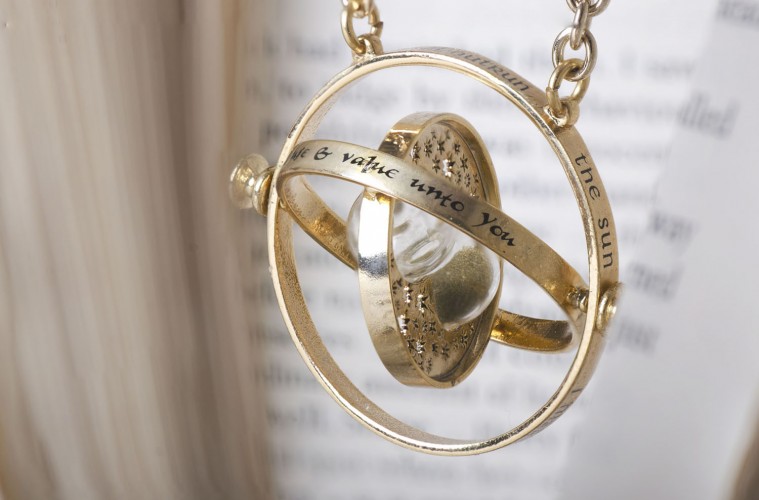I refuse to read books rated below 3.5 stars on Goodreads.
A few months ago, I started thinking about how many books I will likely read in my lifetime. Join me in doing the math. (I know—literary buffs aren’t supposed to like math. Take my hand; it’ll be okay.) According to the U.S. Social Security, women live to be an average of 86.6 years of age. I’m currently 25, so that means I have around 61 reading years left. Not too bad, right? I’ve only been tracking the number of books I’ve read since the beginning of 2014, so I don’t have much data to go off of; however, it looks like I will have read an average of 30 books per year by the end of 2015. That means that if I stay on track, I will read about 1,830 more books in my lifetime.
1,830: my own Doomsday reading clock.
With that calculation, I was faced with my reading mortality. Each book I read takes me one step closer to the last book I will ever read. While I seem to have plenty of wonderful books ahead of me, I became acutely aware I needed to make each of these books matter, that I needed to somehow quantify my potential reading enjoyment to make each experience memorable.
I needed to establish a minimum standard of quality. For that, I turned to the Goodreads rating system.
As of November 1, 2015, I had 176 books on my To-Read shelf. That’s almost six years of reading, if you weren’t already doing the math. (News flash: I was.) I have enough books I want to read to get me into my 30s—and that’s supposing I don’t discover any new books in the next six years. I need a way to weed through my list, a way to decide which books are worth my time. That’s why I came up with my rating system.
Books rated above 4.5 stars get top priority followed by those between 4 and 4.5 stars. I would be willing to make exceptions for a book between 3.5 and 4 stars if 1) it is picked as a book club book or 2) it seems to have enough social currency that I’d feel out of the loop for not reading it. Anything below 3.5 stars are ignored. If other book lovers took the time to provide feedback to compile a collective rating, I am inclined to trust them. And I’m not alone.
A May 2015 survey from SheSpeaks found that female shoppers consider product reviews the most trustworthy source for product information. Additionally, 43% of respondents trust online reviews from bloggers or friends while 39% trust online reviews left on the product page itself. The numbers are even more pronounced when you focus on millennials. According to Mintel’s survey of 2,000 U.S. adults, 70% of consumers and 82% of millennials seek reviews before buying. What does this all mean? Consumers, especially younger consumers, depend on reviews to “pre-test” products for reliability and quality. Packaging and marketing only go so far in selling a product—word of mouth and certified purchases have much more value in a consumer-driven market.
Websites like Rotten Tomatoes and Goodreads are the entertainment version of a consumer market. They provide visitors with plenty of information to help them judge whether a piece of entertainment is worth their time from detailed reviews to cumulative ratings. There are signs that Rotten Tomatoes is changing the way films find success. The Guardian reported in September 2015 that summer blockbusters failed to meet box office experts’ expectations. Fantastic Four and Terminator: Genisys both had terrible reviews but were expected to have strong showings due to marketing hype by the studios. Movies like Trainwreck and Straight Outta Compton exceeded expectations, likely due to strong word-of-mouth. Reviews matter, and studios may be starting to take notice.
My hope is that the Rotten Tomatoes review model may one day have as big of an impact in the book world through Goodreads. How incredible would it be to look at the New York Times bestseller list and see a list of books that all earned 4+ stars? To see consumers demand quality literature over getting tricked by a book’s packaging or a bookseller’s display?
Those are the pitfalls I’m hoping to avoid with my Goodreads system. I don’t want to waste one of my 1,830 Doomsday books on a publisher’s attempt to fool the public with substandard slop. I don’t want to read a hastily written mess just because everyone wants to capitalize on the latest vampire or dystopian craze. I have the opportunity to experience another 1,830 literary love affairs, and I’m not going to waste it.
Header image via S.Tore on flickr


